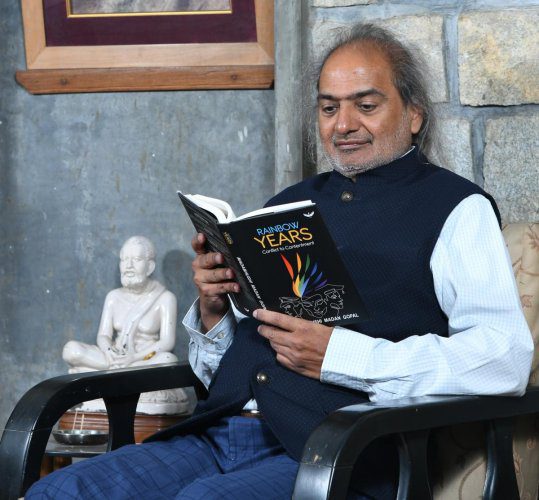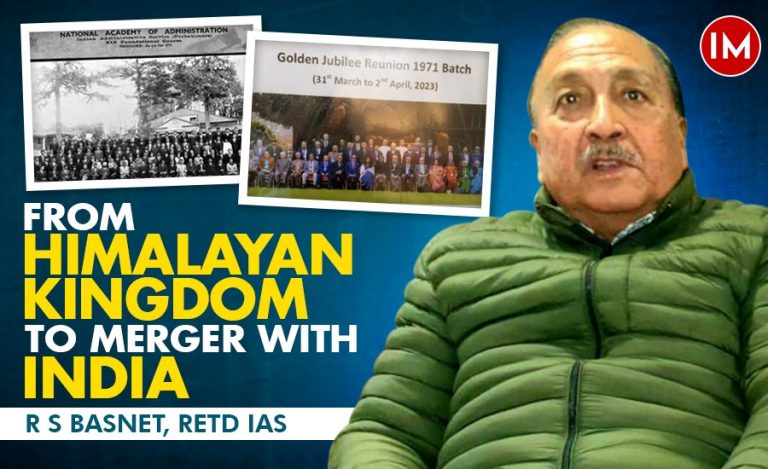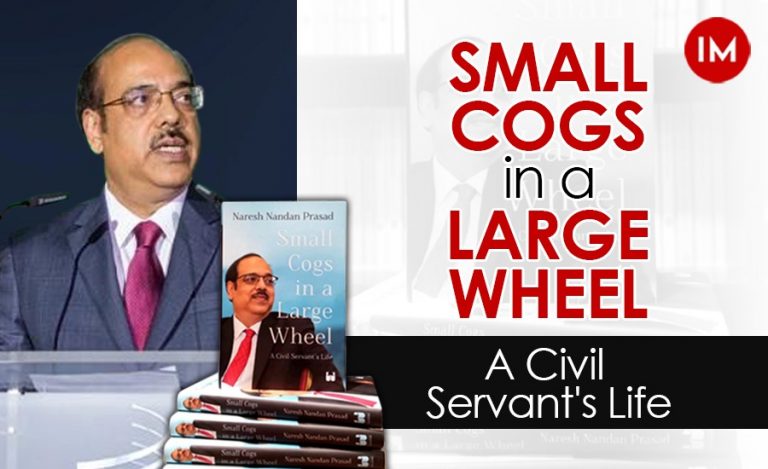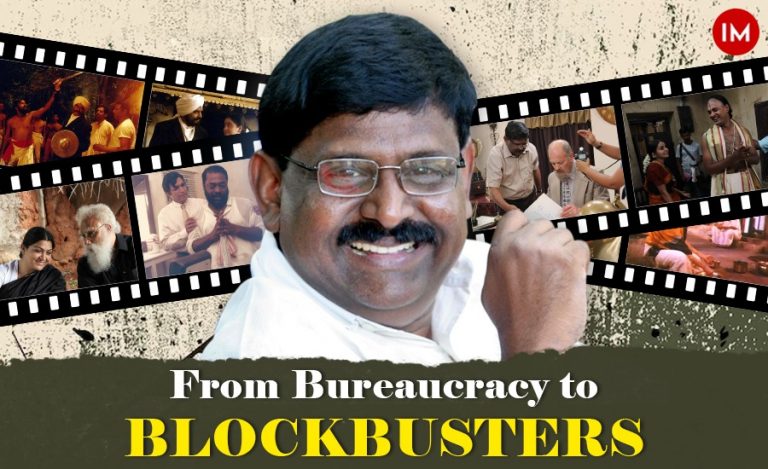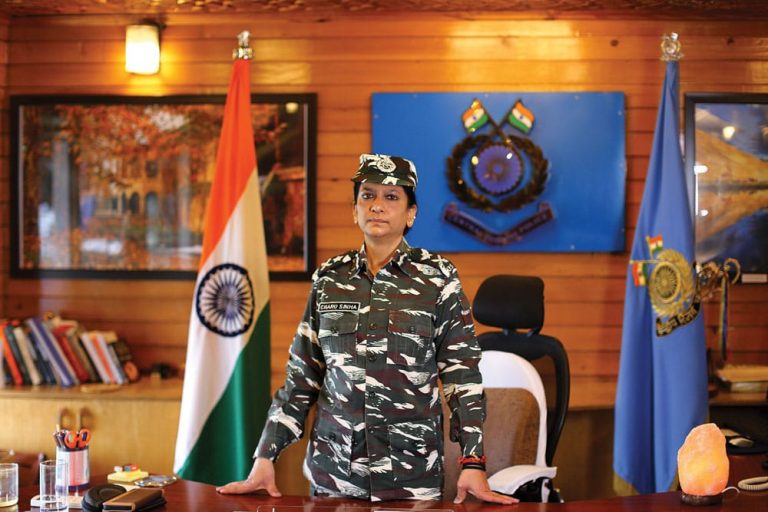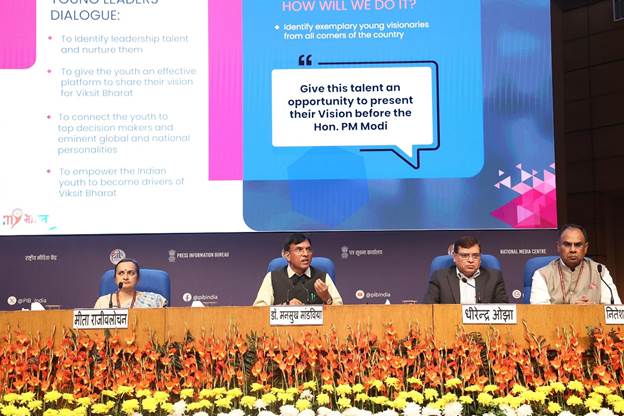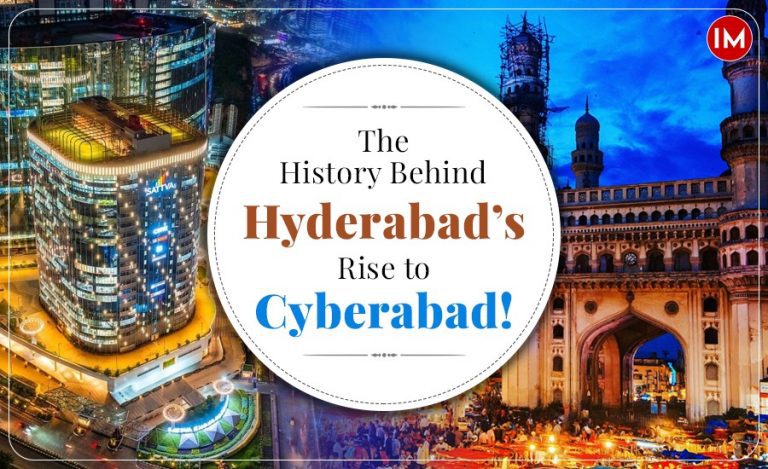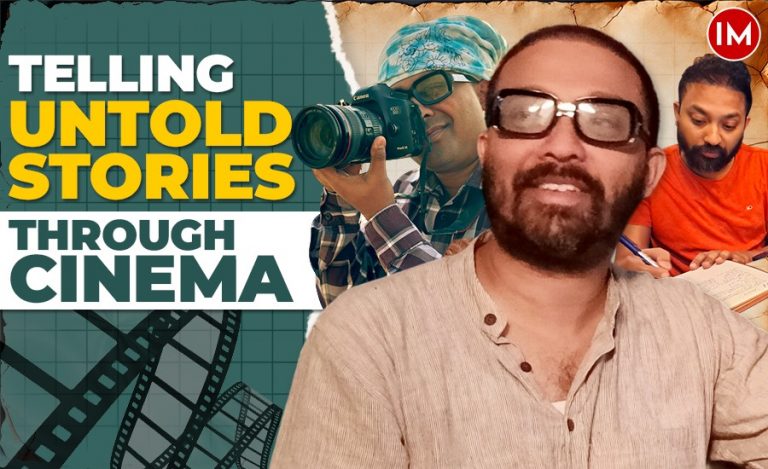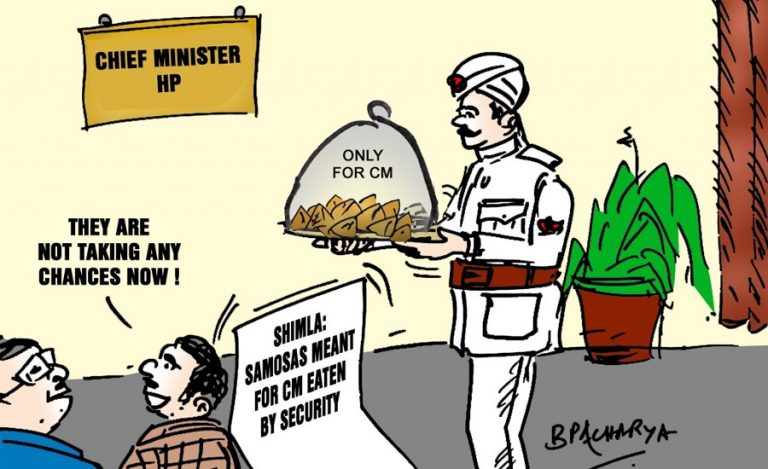A civil servant dedicates his prime years to development work for the country. During that period, their focus is mainly limited to ways that they can bring a change in people’s lives for the better. They hardly get any time to follow their own passions.
However, once they retire, they finally get time to sit down and do all the things they enjoy and give vent to their creativity. Retired IAS officer Madabhushi Madan Gopal’s story is somewhat similar. The Ex-IAS officer recently launched his second book, Rainbow Years: Conflict to Contentment.
RAINBOW YEARS
Beginning of 1960s, Marxist ideology was the flavour of the youth. Convinced about the revolution that must come, three friends – Rajen, Suri and Mallana – set out charting their paths through the Left-wing organisations and movement. As decades pass by, the strategies fail, the ideologies get diluted, connect with the masses is lost, and they allow foreign intervention. Of course, the state played its own games. When they meet again after the momentous decades, there is no scope to be judgemental; they must accept the vicissitudes of life.
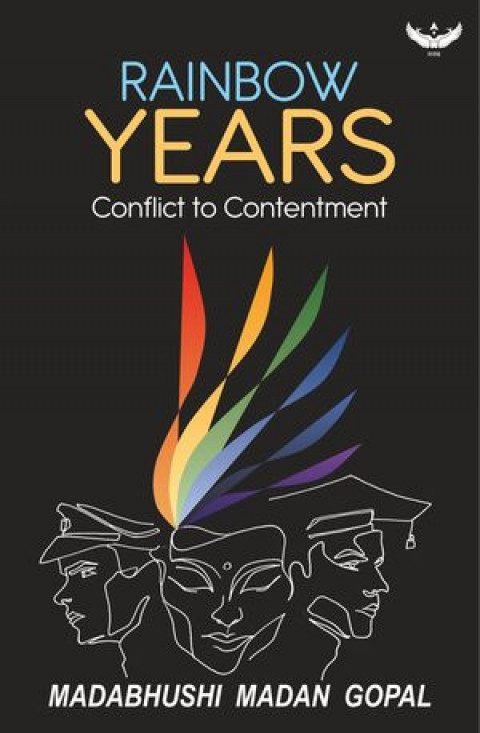
The novel is the journey of a generation that dreamt of a revolution, the dream shattered by the calming realisation that being of service to the common people – with a sense of non-doership – was the only dream worth pursuing.
Talking about the period of turmoil in the world, covered in the book, Mr. Gopal says, “There were revolutions and assassinations, the hippie movement was raging, and the mood was rebellious. Everything was bubbling with new energy. I wanted people to know what happened then and how youth get attracted to certain ideologies.”
IDEA FOR THE BOOK
The idea to write this historical fiction occurred to the retired officer in 2018 but it only during the pandemic that he was able to put it together. The book is divided into three parts – Spring Thunder covers the ‘60s, Dark Clouds is set amid India’s Emergency, and Misty Horizon unfolds from 1984, seven years after the Emergency ended.
Talking about the characters in the story, Mr. Gopal exclaimed that the characters were built on incidents cited by five of his friends. “I would speak to them on a daily basis and jot down everything. I wrote sentences at first. Later I wrote about 10-15 pages every day. Some moments were painful and emotional for them to recollect,” he says.
UNIVERSAL CONTEXT
Mr. Gopal has referred to Bengaluru in the book multiple times without naming it though. The reason behind this is that he wished to give the book a universal context so that the readers are able to understand what he is referring to.
“The Marxist-Leninist Party’s network depended a lot on Bengaluru. Incidents from Mangaluru and Raichur also find a mention,” he says.
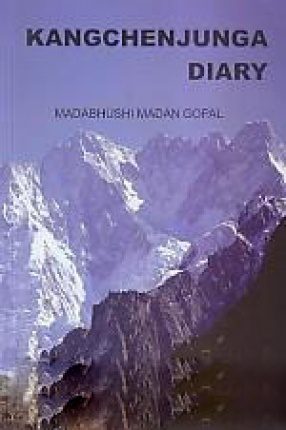
The book was fairly difficult for him to write, compared to his debut titled, Kanchenjunga Diary. This is because the book is a historical fiction and to write a historical fiction, one has to immerse in that period.
“You cannot write a lie as there will always be someone to counter it. Since I am not a historian, I decided to stick to the genre of fiction. It allows flexibility and space,” he says.
STORY BEHIND THE TITLE
The title of any story or book plays a pivotal role and the title of ‘Rainbow Years’ has a special idea behind it. “Rainbow is an optical illusion yet everyone loves it. It is enchanting and scintillating. Moments of youth are also like the colours of a rainbow,” Mr. Gopal explains.
Through his book, he wishes to address the youth who is caught in the illusion of a ‘rainbow’. Commenting on the current times, he says, “Unrest is natural and can lead to creativity many a time. But my book says that if unrest is endless and disoriented, it will take one nowhere.”
KANCHENJUNGA DIARIES
The officer’s first book, Kanchenjunga Diaries, provided an insightful account of his trek to Kangchenjunga, undertaken in 2011. It is a compilation of spontaneous day by day notes that he made while on the trek.
This book is not only an interesting read but also doubles up as a guide for trekkers planning to make this ‘mother’ of all treks. Unlike Everest or Annapurna, Kangchenjunga is attempted by very few due to its remoteness and absolute lack of facilities. It is the first book in the world that provides so many first-hand details about the Kangchenjunga area from the Nepal side.
Mr. Gopal is currently the chairman of the executive committee of Karnataka Ecotourism Development Board, and chairman of the NEP implementation task force in Karnataka.
His book is available on Amazon, Flipkart, and Garuda Books.

